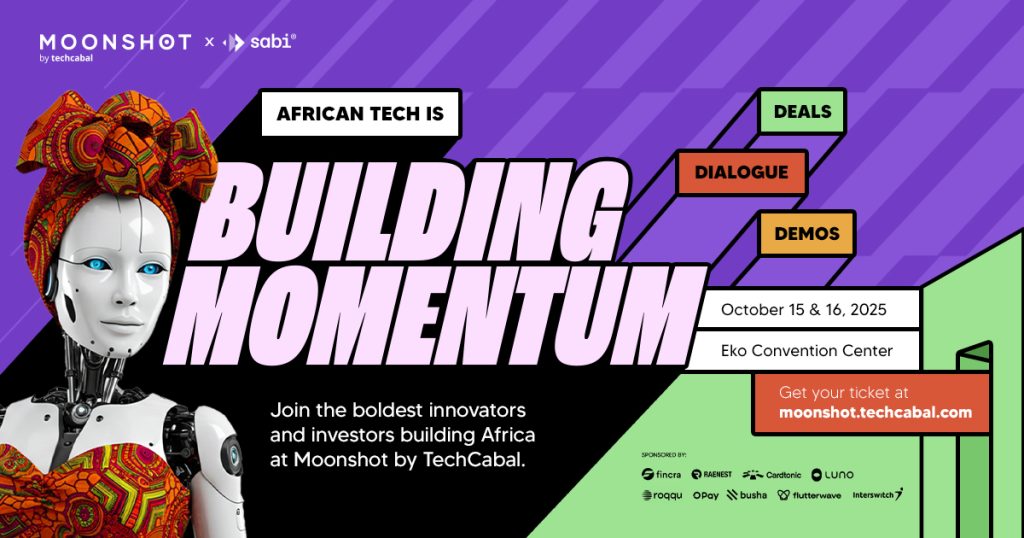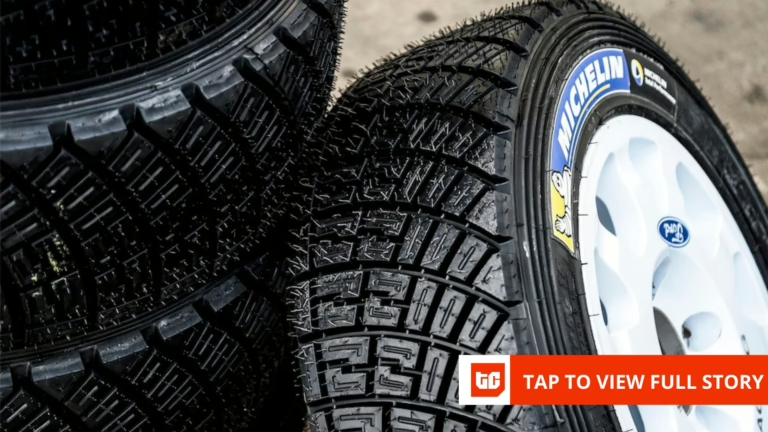Nearly two decades after ceasing operations at its Port Harcourt manufacturing facility in Nigeria’s oil-rich Rivers State, the French tyre titan Michelin is strategically re-entering a market it once led. Although there are no current plans to restart local production, Michelin aims to revitalize its brand presence, deepen its footprint, and establish Nigeria as a pivotal growth center within Sub-Saharan Africa.
The closure of Michelin’s plant in 2007 marked a significant turning point in Nigeria’s tyre industry. Alongside Dunlop, Michelin had been a dominant force in domestic tyre manufacturing. However, challenging economic conditions, erratic government policies, and a surge of inexpensive Asian tyre imports compelled both companies to halt local production. By 2008, imports accounted for 90% of tyres sold in Nigeria, a dramatic rise from 25% in 2005, fundamentally transforming the market landscape.
Currently, Nigeria’s tyre sector is valued at approximately $820 million, with forecasts projecting growth to $1.12 billion by 2030 at a compound annual growth rate of 6.4%. Despite this expanding demand-fueled by a vehicle population exceeding 40 million and ongoing road infrastructure development-the market is largely dominated by low-cost tyre brands. Roughly 80% of Nigerian consumers opt for budget-friendly tyres, predominantly sourced from Asia.
This scenario presents Michelin with both a formidable challenge and a promising opportunity.
“Many Nigerians assumed Michelin had exited the market after the factory closure,” explained Amaury Vadon, Managing Director and Vice President of Sales for Michelin Sub-Saharan Africa, in a recent discussion. “In reality, we never fully left. While manufacturing stopped, our commercial activities continued, and today, our presence is stronger than ever.”
Reestablishing a Local Presence
Michelin has revamped its Nigerian operations, shifting from an export-based approach to a wholly owned local entity. The company now operates an office in Lagos’ Victoria Island, staffed by Michelin personnel who manage direct sales, marketing, and customer relations.
“We are not mere importers or distributors,” Vadon emphasized. “Having Michelin employees on the ground is crucial. They communicate our innovation, quality, and the unique value our products bring.”
The company is concentrating on two key growth areas: passenger vehicle tyres and sectors beyond traditional road use, including agriculture, construction, and port logistics. The passenger car tyre segment alone is projected to generate over $820 million in revenue by 2025, making it the largest segment within Nigeria’s tyre market.
Common passenger car tyres in Nigeria, such as sizes 195/65R15 and 205/70R15, typically measure between 195 and 205 millimeters in width and fit 15-inch rims. These sizes are favored for their durability and reliability on Nigeria’s often rugged roadways.
As Nigeria’s automotive market evolves, there is a rising preference for larger, premium vehicles, which in turn increases demand for high-quality tyres sized 18 inches and above. Concurrently, government investments in road construction and infrastructure have opened avenues for growth in heavy-duty and off-road tyre segments.
“Our focus extends beyond Lagos to cities like Abuja and Port Harcourt,” Vadon noted. “We are establishing partnerships and local inventory in Abuja to enhance delivery efficiency and customer service.”
Navigating a Market Saturated with Low-Cost Tyres
One of Michelin’s primary hurdles in Nigeria is the prevalence of inexpensive and second-hand tyres, locally referred to as tokunbo. Despite the associated safety risks, affordability remains the dominant factor influencing consumer decisions.
Although the sale of used tyres has been prohibited since 2007 due to their higher likelihood of blowouts and accidents, they continue to represent a significant portion of Nigeria’s informal tyre market. By 2023, approximately 40 million used tyres were estimated to be in circulation, largely driven by low-income drivers prioritizing cost over safety. Enforcement of the ban is inconsistent, and because used tyres are not captured in official trade statistics, their actual market share is difficult to quantify. While government crackdowns have reduced their visibility in formal channels, demand persists in informal markets where price considerations overshadow regulations.
“Let’s face it, tyres are not a purchase people enjoy,” Vadon remarked. “Many view them as a necessary expense. To most, a tyre is just a round, black object, and price is the main factor, not the technology or safety features behind it.”
To address this, Michelin is emphasizing consumer education and awareness. Planned marketing initiatives for 2026 aim to inform Nigerian motorists about the long-term benefits of premium tyres, including improved braking performance, enhanced durability, and better fuel economy.
“We don’t expect everyone to choose Michelin,” Vadon said. “But we want Nigerians to make informed choices. When people understand the safety and performance advantages, some will opt for premium tyres, which is a positive outcome.”
Innovation as a Driving Force
Innovation lies at the heart of Michelin’s identity and investment strategy. The company operates three major global Research and Development centers located in France, the United States, and Japan, employing over 15,000 engineers and scientists dedicated to advancing tyre technology.
In 2014, Michelin invested €650 million (approximately $864 million) in R&D through a network of 6,600 specialists across 25 facilities worldwide. By 2023, this investment nearly doubled to €1.2 billion ($1.4 billion), underscoring the company’s commitment to pioneering technologies such as tyres for electric vehicles, sustainable materials, and digital mobility solutions. Michelin consistently allocates about 3% of its annual revenue to R&D, surpassing the industry average of 2-2.5%.
At its premier research campus in Ladoux, France, more than 2,500 researchers focus on product innovation and performance testing. In 2023 alone, Michelin filed 269 new patents, bringing its global active patent portfolio to over 11,000.
“Innovation defines Michelin,” Vadon stated. “It’s the foundation of our global leadership. Whether designing a passenger tyre for enhanced braking or a construction tyre for rugged durability, every product embodies innovation tailored to its specific use.”
However, these technological advancements come with higher costs, a challenge Michelin must carefully manage in Nigeria’s price-sensitive market. The company aims to bridge this gap by aligning product value with consumer education and highlighting long-term cost savings.
Nigeria’s Strategic Importance in Michelin’s African Expansion
Nigeria now occupies a central role in Michelin’s Sub-Saharan Africa strategy, which is built around three core pillars: people, profit, and planet.
“Nigeria is a cornerstone of our West African operations,” Vadon highlighted. “It contributes significantly to our business, offers exceptional talent, and is a focal point for our sustainability initiatives.”
On the environmental front, Michelin is launching sustainability projects in Nigeria focused on tyre recycling and circular economy practices. Starting in October 2025, the company plans to pilot tyre recycling programs that transform old tyres into new products such as bags and industrial materials, aligning with Michelin’s broader commitment to waste reduction and responsible manufacturing.
Looking Ahead: Michelin’s 2026 Strategy
As Michelin gears up for an expanded presence in 2026, its immediate objective is to solidify its foundation and accelerate growth. The company intends to deepen its market penetration in key urban centers, broaden its customer base, and enhance brand engagement through targeted awareness campaigns.
“In 2026, Nigerians will unmistakably recognize Michelin’s presence,” Vadon affirmed. “The groundwork has been laid; now it’s time to increase visibility and foster engagement.”
Over the long term, Michelin aspires to be an integral part of Nigeria’s mobility ecosystem-not just as a tyre supplier but as a beacon of sustainable innovation.
“Our vision for 2050 is to be present, profitable, sustainable, and to nurture Nigerian talent that will one day lead Michelin,” Vadon concluded. “Having a Nigerian succeed me would be a moment of immense pride.”
With Nigeria’s roads becoming busier and its economy diversifying, Michelin is betting that its commitment to innovation, local engagement, and sustainability will secure its leadership position once again.
Save the date! Moonshot by TechCabal returns to Lagos on October 15-16. Join Africa’s leading founders, creatives, and tech innovators for two days of inspiring keynotes, networking, and forward-thinking ideas. Secure your tickets now at moonshot.techcabal.com
























0 Comments